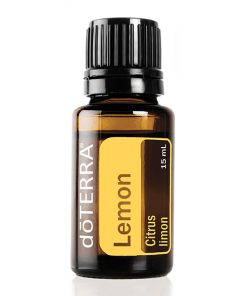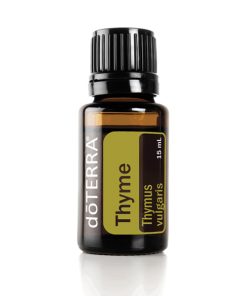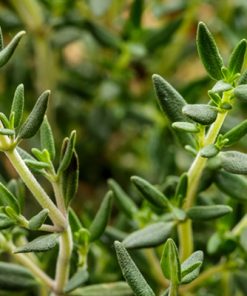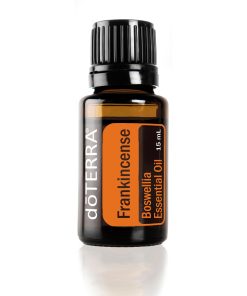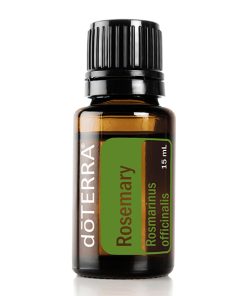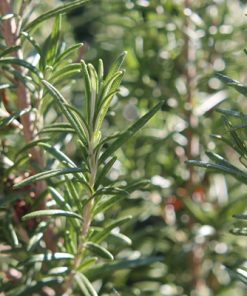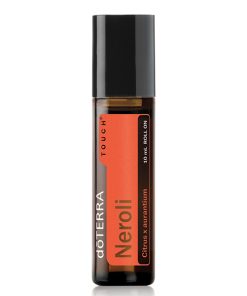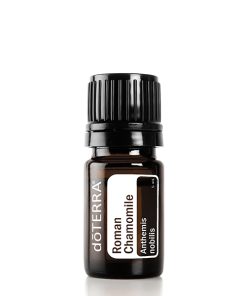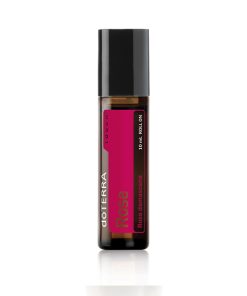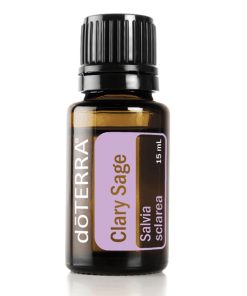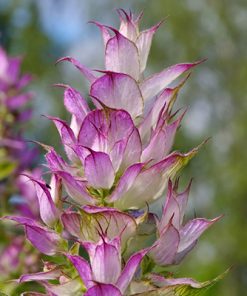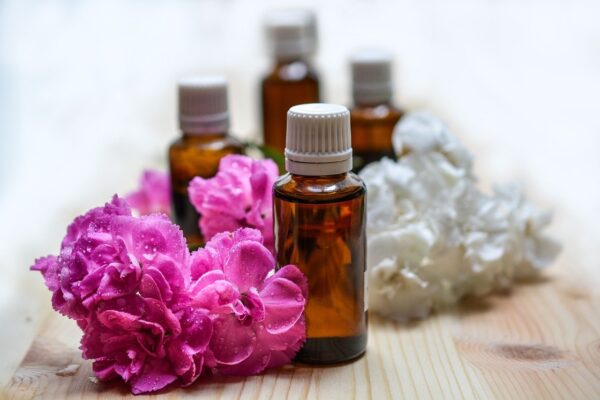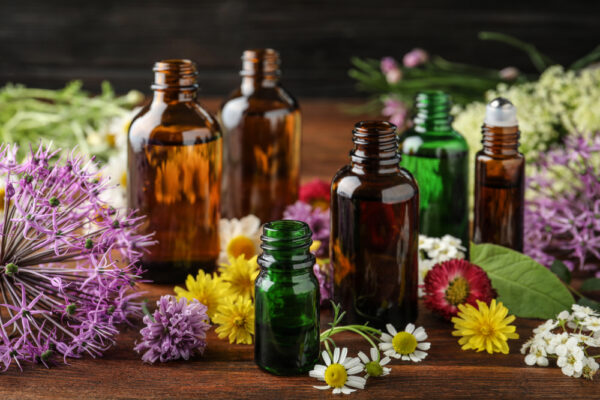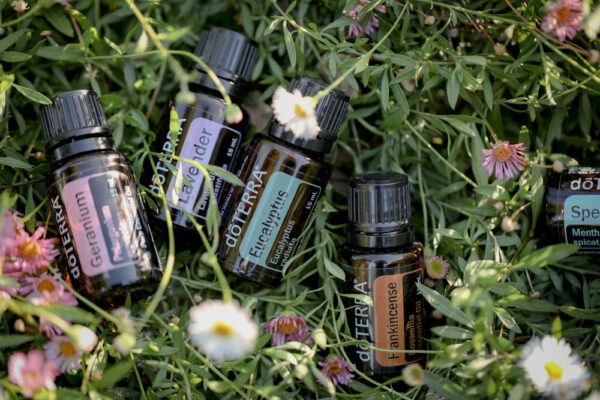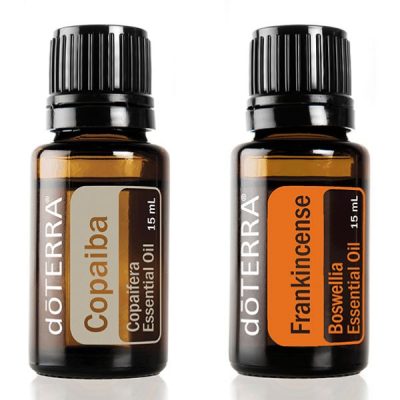Immune system and Essential Oils
Good immunity works like a shield, and today’s world is a living example of how the tiniest alien element can be the most lethal threat to mankind. The only way to protect yourself is by leading a healthy lifestyle and including good practices and treatments to protect and improve the immune system.
It is fairly easy to maintain strong immunity but challenging to treat allergies. This is why it is important to emphasise the importance of the immune system each day so that its significance is not ultimately felt during sickness.
Strong immunity protects the body from the attack of viruses, parasites, fungi, and bacteria. You could be blessed with a good metabolism but not a strong immune system. Good immunity requires to be built, boosted, and maintained. Otherwise, you are susceptible to catching viral infections as your body works slowly to make antibodies.
Including essential oils like peppermint oil and eucalyptus oil in your routine is among the best ways to strengthen your immunity. Other medicinal supplements, although good, are not as effective as organic essentials. Immunity is affected by things we consume, whether we ingest or inhale. In the same way, essential oils can be used every day to boost your immune system and relieve allergy symptoms by spraying them in the air to purify them.
Why using essential oils can be effective for my immune system?
Although there are several ways to protect your immune system, including essential oils in your daily routine would be deemed the simplest yet the most effective. Apart from using them for personal benefits, essential oils like peppermint oil can cleanse and purify the air around you, which is particularly important during allergy season.
Toxicity in the air triggers most health ailments and seasonal allergies. Essential oils like peppermint oil, with their cleansing properties, help eliminate the risks that could result in respiratory or immunity problems. The benefits are not limited here.

Best essential oils to help support your immune system
Eucalyptus
A therapeutic anecdote such as the eucalyptus essential oil has antiseptic, anti-inflammatory, antibacterial, and antifungal properties, making it one of the best essential oils for allergies. Eucalyptus oil can aid in clearing mucus, decongesting sinuses, treating allergic airway inflammation and fighting upper respiratory tract infections.
Eucalyptus oil keeps the respiratory tract clean and relieve respiratory conditions. It also helps restore the body’s natural vigour and fight against seasonal allergies.
Lemon essential oil.
The key to strong immunity is a good dose of vitamin C. And what better way to get that than a potent extract of a powerful immunity booster like lemon oil?
Lemon essential oil is popularly known to kill bacteria and detoxify the body, and therefore, it plays a significant role in the immunity system. Apart from uplifting your mood, lemon oil helps keep your home safe from air-borne toxins and boosts immunity by killing germs and acting as a defence against a runny nose.
Lemon oil is antispasmodic and anti-inflammatory. It aids digestion, relieving muscle spasms and alleviating symptoms of allergic rhinitis.
Thyme
Apart from being a culinary staple ingredient, thyme is known for its medicinal properties. Incorporating thyme essential oil into your routine helps boost and stimulate the immune system and fight infections thanks to its antiviral, analgesic, antibacterial, antiseptic, and antifungal properties.
Thyme oil is packed with copper, iron, fibre, manganese, and vitamins C and A, which help cure acute bronchitis, colds, and painful coughs.
Frankincense
Most aromatherapies for good immunity include frankincense essential oil as their key component. This potent oil acts at the cellular level to boost immunity. It combats diseases and pathogens by helping the body generate more white blood cells. Along with that, the antioxidants and anti-inflammatory properties of frankincense oil help the body combat skin problems.
Rosemary
The key to a stronger immune system is the body’s resistance to diseases and illness. To boost the body’s ability to fight bacteria and other toxic agents, you can diffuse rosemary essential oil for aromatherapy or use it for topical application as a massage oil. It not only helps support immunity but also instantly relieves congestion caused by allergic rhinitis and stubborn headaches.
Allergic Reaction to Essential Oils
Essential oils are safe for consumption, inhalation, and application, so why would one get an allergic reaction to them? It’s the same way people become allergic to organic supplies and other natural products.
Sensitivity to certain items is natural and depends on a person’s ability to withstand environmental allergies; some may have a mild allergic response, while others may have a severe one. It is important to know that the severity of your allergic reaction solely depends on how your body reacts to herbs, flowers, and other plants. Another major factor contributing to allergic reactions depends on the potency of essential oils.
Although essential oils are free from risks and side effects, they can cause allergic reactions if used incorrectly. These potent natural extracts are used in several holistic health treatments that alleviate many health disorders. Therefore, allergic reactions are mostly associated with incorrect usage, personal preference, or health conditions.

Why you might have an allergy to some essential oils?
Allergy symptoms are quite common. Reactions occur when an allergen, which is, in most cases, harmless, triggers the immune system. Allergy mostly affects the skin, lungs, sinuses, nose, throat, and ears.
It could be contact dermatitis, a visibly red rash that develops on the skin surface after a substance is applied topically. It could also happen because of skin hypersensitivity. In the case of dermatitis caused by essential oil, it may not have been diluted properly in a carrier oil.
Nasal allergy symptoms can flare up due to plant-based environmental allergens or even asthma symptoms. Essential oils with strong odours can cause a nasal allergic reaction, like a blockage of the nasal passages if you have a history of congestion or nasal symptoms.
Eye irritations are common reactions to accidentally dropping the oil in your eyes or rubbing your eyes after handling them. This could cause burning sensation, redness, watery eyes and irritation in the eyes. Splashing cold water in the eyes and seeking medical advice should be done as first aid.
If you are suffering from nut allergy symptoms, read the label carefully before using it. Most blends contain tree nuts, coconut, argan, and grapeseed oils, which can cause allergic reactions.
The best way to reduce allergic reactions to essential oils is to store them away from sunlight, dilute them in fractioned coconut oil, and avoid overusing them. This is particularly so if you are sensitive to a strong aroma. Refrain from using essential oil if you notice a change in colour, smell, and texture.
Best oils for sensitive skin
Neroli Touch
An important part of the beauty secrets across the world, Neroli Touch is a non-irritating, non-toxic oil that is perfectly safe for sensitive skin. It acts as a moisturizer for dry skin, helps lighten scars and marks, and soothes skin irritations and related conditions such as eczema or psoriasis.
Enriched with anti-inflammatory, antibacterial, rejuvenating, antiseptic, and regenerating properties, neroli oil is ideal for dry and oily skin, keeping it bright, baby-soft, and hydrated.
Roman Chamomile
A natural anti-inflammatory agent, Roman Chamomile helps reduce inflammation and promotes glowing, dewy skin without blemishes and acne. It also works as a natural remedy for hyperpigmentation, uneven skin tone, and dark spots. Rich in antiseptic components and antioxidants, chamomile oil perfectly neutralises skin allergic symptoms, free radicals, and irritants. A few drops of it in daily tea or massage oil would aid your health.
Rose Touch
Rose is the most used ingredient in beauty products to soothe, hydrate, and nourish the skin. It helps firm the skin and fade redness and scars. Popular for its use as an anti-inflammatory agent, a few rolls of Rose Touch for the skin will reduce inflammation and keep it nourished, radiant, and protected from irritants. Rose oil is also believed to be an organic substitute for hyaluronic acid that helps combat ageing signs and sun damage.
Clary Sage
Reclaim your healthy glow with the anti-inflammatory properties of Clary Sage. It helps tone and firm the skin while being gentle on it. Essentially effective for sensitive skin, it contains a powerful compound called linalyl acetate that reduces inflammation and heals the epidermis. It aids in the natural production of sebum and exhibits a cooling property that helps calm irritated skin. It can be safely used for aromatherapy and applied topically and cosmetically.
Peppermint essential oil.
The antimicrobial and antibacterial properties of peppermint essential oil help decrease the acne-causing germs of the skin, thus keeping it pimple-free. Peppermint oil is also used as an aromatherapy oil as it provides a refreshed and rejuvenated feel.
Inhaling peppermint oil helps prevent vomiting, and applying it to your body helps reduce muscle spasms. Other benefits of peppermint oil are preventing itching and alleviating pain.


